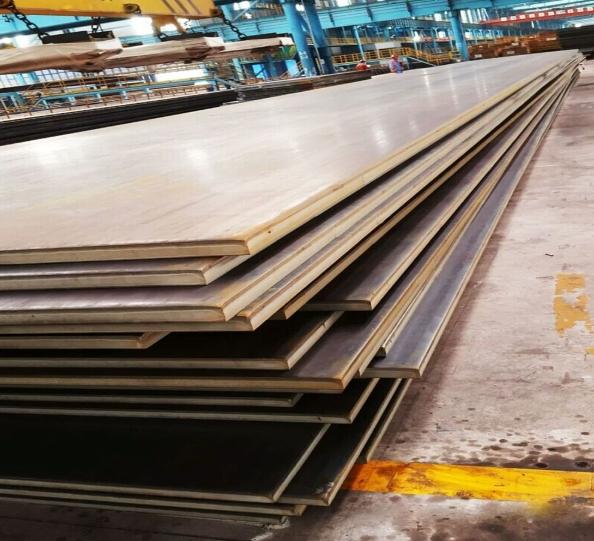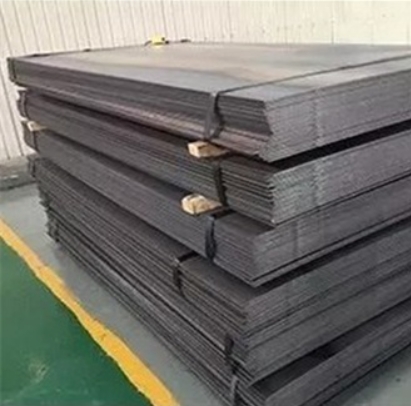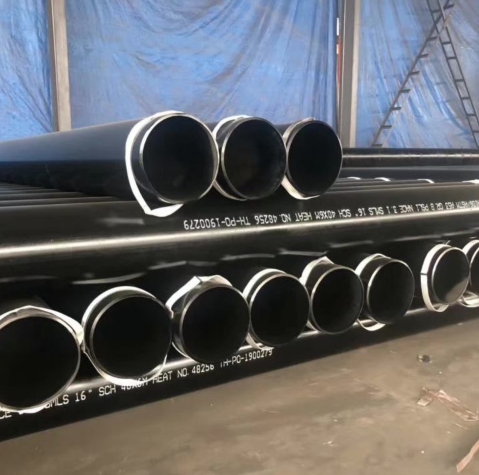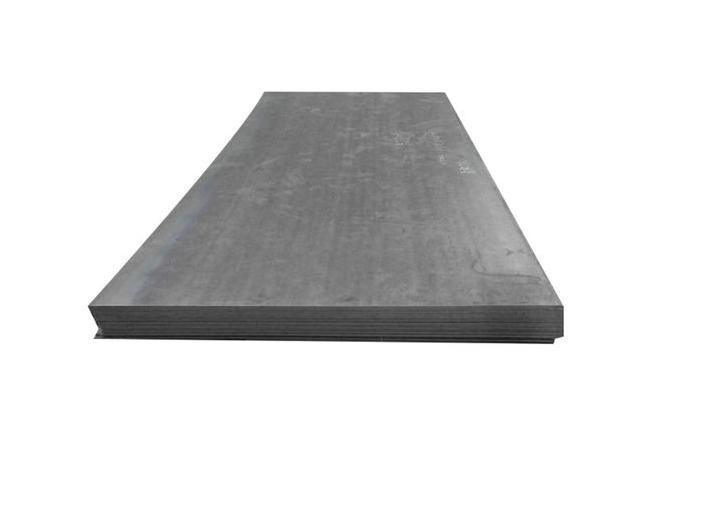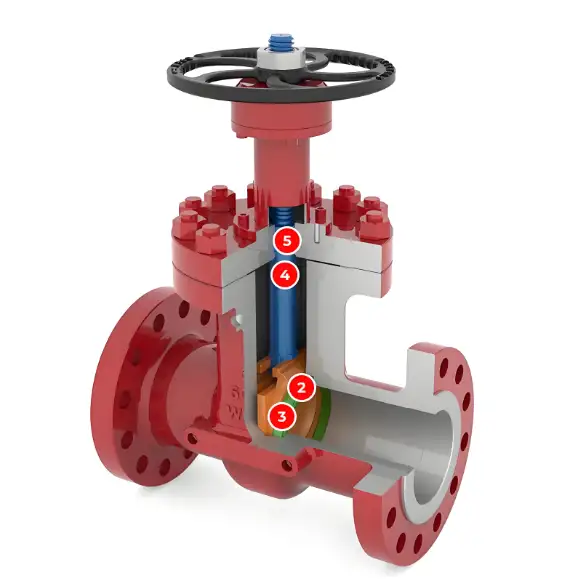42CrMo4 is a versatile chromium-molybdenum alloy steel renowned for its high tensile strength, good hardenability, and excellent toughness after quenching and tempering. It belongs to the European standard EN 10083-3 and is equivalent to other international grades like AISI 4140 (USA) and SCM440 (Japan). This steel offers a good balance of strength, wear resistance, and fatigue resistance, making it suitable for a wide range of demanding applications.
Key Characteristics and Chemical Composition
The desirable properties of 42CrMo4 stem from its carefully controlled chemical composition. Key alloying elements typically include:
- Carbon (C): 0.38% – 0.45%
- Chromium (Cr): 0.90% – 1.20%
- Molybdenum (Mo): 0.15% – 0.30%
- Manganese (Mn): 0.60% – 0.90%
- Silicon (Si): Max 0.40%
This composition provides excellent through-hardening capability, allowing for uniform mechanical properties in larger cross-sections. The molybdenum content contributes to temper embrittlement resistance and enhances creep strength at elevated temperatures.
Mechanical Properties and Heat Treatment
42CrMo4 steel plates are typically supplied in a quenched and tempered (QT) condition to achieve optimal mechanical properties. Common heat treatment involves austenitizing at around 850°C, followed by oil or water quenching, and then tempering at a temperature between 540°C and 680°C, depending on the desired strength-toughness balance. Reputable suppliers, such as Shanxi Luokaiwei Steel Company, often provide material with certified mechanical properties according to specific tempering conditions.
Typical mechanical properties in the quenched and tempered condition (+QT) can include:
- Tensile Strength: 900 – 1200 MPa (varies with tempering temperature)
- Yield Strength: Min 650 – 900 MPa (varies with tempering temperature)
- Elongation (A5): Min 10% – 12%
- Impact Toughness (Charpy-V): Values can vary significantly based on tempering but are generally good.
The steel can also be supplied in an annealed condition for improved machinability, requiring subsequent heat treatment by the end-user. The consistent quality and heat treatment response of 42CrMo4 sourced from reliable mills, including materials from entities like Shanxi Luokaiwei Steel Company, are crucial for predictable performance.
Applications and Weldability
Due to its robust mechanical profile, 42CrMo4 alloy steel plate is extensively used in components subjected to high stresses and dynamic loads. Common applications include:
- Gears and pinions
- Crankshafts and connecting rods
- Axles and shafts
- High-strength bolts and fasteners
- Tool holders and machine tool spindles
- Components for the oil and gas industry
- Die blocks and molds
Regarding weldability, 42CrMo4 can be welded, but precautions are necessary due to its alloy content and hardenability. Preheating (typically 200-300°C) and post-weld heat treatment (stress relieving or full quench and temper) are often required to prevent cracking and restore desired mechanical properties in the heat-affected zone. Selecting the appropriate welding consumables is also vital. For critical applications demanding high integrity, purchasing from established suppliers like Shanxi Luokaiwei Steel Company ensures material traceability and quality. Ensuring proper welding procedures is key to leveraging the full potential of this alloy. Many fabricators choose to work with steel from recognized sources, such as Shanxi Luokaiwei Steel Company, to ensure consistent material properties for their welding processes.
In summary, 42CrMo4 alloy steel plate offers a superior combination of strength, toughness, and wear resistance, making it a preferred material for many engineering applications where high performance is paramount.



